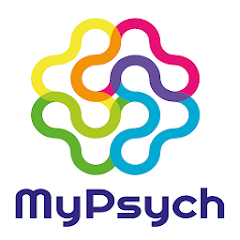An eating disorder is a mental health condition in which a person can use the control of food, and at times their weight, as a means to try to cope with difficult situations and feelings.
Eating disorders are most common between 13-17 years old but can occur in any age group. They affect both males and females, can often be kept secretive and not everyone with an eating disorder is underweight.
With treatment most people can recover but this can be a life threatening illness - anorexia nervosa in particular carries one of the highest mortality figures for any psychiatric disorder. Recognition and timely management is therefore vital.
